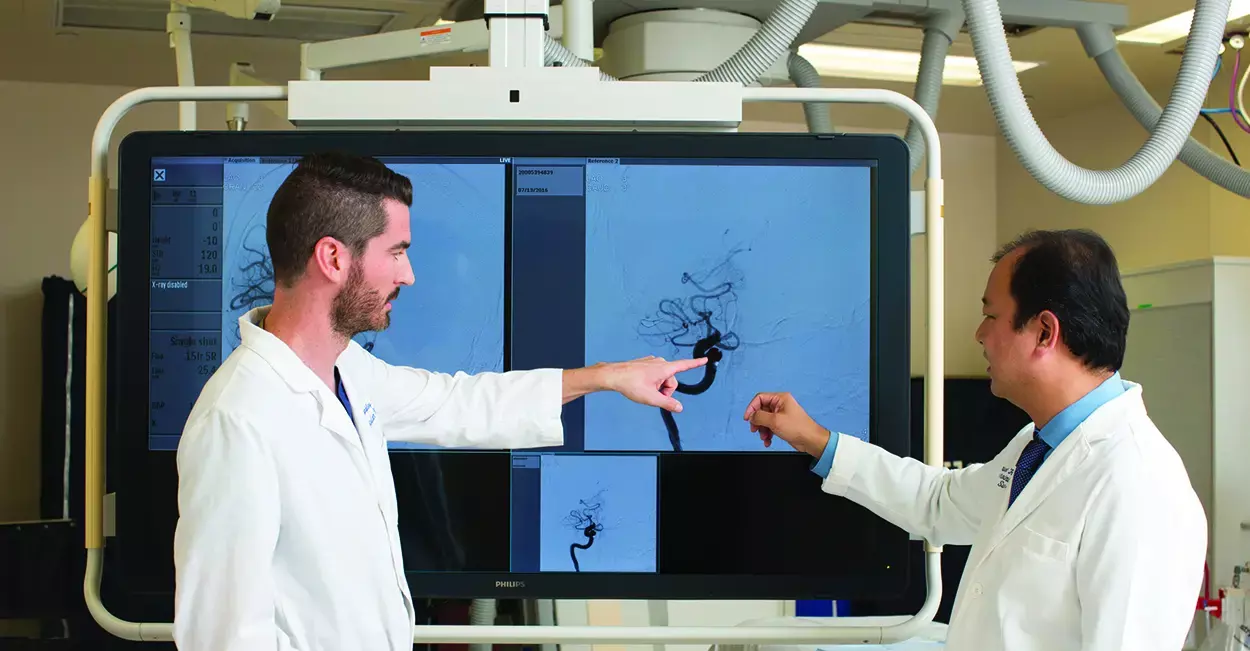- Home
- Medical news & Guidelines
- Anesthesiology
- Cardiology and CTVS
- Critical Care
- Dentistry
- Dermatology
- Diabetes and Endocrinology
- ENT
- Gastroenterology
- Medicine
- Nephrology
- Neurology
- Obstretics-Gynaecology
- Oncology
- Ophthalmology
- Orthopaedics
- Pediatrics-Neonatology
- Psychiatry
- Pulmonology
- Radiology
- Surgery
- Urology
- Laboratory Medicine
- Diet
- Nursing
- Paramedical
- Physiotherapy
- Health news
- Fact Check
- Bone Health Fact Check
- Brain Health Fact Check
- Cancer Related Fact Check
- Child Care Fact Check
- Dental and oral health fact check
- Diabetes and metabolic health fact check
- Diet and Nutrition Fact Check
- Eye and ENT Care Fact Check
- Fitness fact check
- Gut health fact check
- Heart health fact check
- Kidney health fact check
- Medical education fact check
- Men's health fact check
- Respiratory fact check
- Skin and hair care fact check
- Vaccine and Immunization fact check
- Women's health fact check
- AYUSH
- State News
- Andaman and Nicobar Islands
- Andhra Pradesh
- Arunachal Pradesh
- Assam
- Bihar
- Chandigarh
- Chattisgarh
- Dadra and Nagar Haveli
- Daman and Diu
- Delhi
- Goa
- Gujarat
- Haryana
- Himachal Pradesh
- Jammu & Kashmir
- Jharkhand
- Karnataka
- Kerala
- Ladakh
- Lakshadweep
- Madhya Pradesh
- Maharashtra
- Manipur
- Meghalaya
- Mizoram
- Nagaland
- Odisha
- Puducherry
- Punjab
- Rajasthan
- Sikkim
- Tamil Nadu
- Telangana
- Tripura
- Uttar Pradesh
- Uttrakhand
- West Bengal
- Medical Education
- Industry
Fasting blood sugar variation predicts Microvascular complications in diabetes

Patients with type 2 diabetes are at high risk of fatal and non-fatal myocardial infarction and stroke. Researchers of Arizona have reported that Variation in Fasting blood sugar level is an independent marker of microvascular risk in patients with Type 2 Diabetes. The research findings were published in The Journal of Clinical Endocrinology & Metabolism on December 25, 2020.
Optimal blood sugar control is fundamental to the management of diabetes. Regardless of the underlying treatment, glycated hemoglobin (A1C) levels >7.0% are associated with a significantly increased risk of both microvascular and cardiovascular (CV) complications. Chronic hyperglycemia increases CV risk and post-challenge/postprandial hyperglycemia has been associated with CVD independent of A1C or fasting blood glucose (FBG). However, the association of blood sugar variability with microvascular disease complications in type 2 diabetes (T2D) has been understudied and remains unclear. Therefore researchers conducted a study to investigate this relationship using both Action to Control Cardiovascular Risk in Diabetes (ACCORD) and the Veteran Affairs Diabetes Trial (VADT).
It was a posthoc analysis of data from ACCORD and VADT trial. In ACCORD, fasting plasma glucose (FPG) was measured 1-3 times/year for up to 84 months in 10,251 individuals. In the VADT, FPG was measured every 3 months for up to 87 months in 1,791 individuals. For fasting glucose, variabilities measured were the coefficient of variation (CV) and average real variability (ARV). The major outcome assessed was the time to either severe nephropathy or retinopathy event and secondary outcomes included each outcome individually. For assessing the association, researchers considered variability measures as time-dependent covariates in Cox proportional hazard models. They conducted a meta-analysis in both the trials to estimate the risk of fasting glucose variability and to assess the heterogenous effects of FPG variability across treatment arms.
Upon analysis of data from both trials, they found that the coefficient of variability and average real variability of fasting plasma glucose was associated with the development of future microvascular outcomes even after adjusting for other risk factors, including measures of average glycemic control. Similarly, Meta-analyses of these two trials also confirmed the association and indicated FPG variation may be more harmful in those with less intensive glucose control.
The authors concluded, "This posthoc analysis indicates that variability of FPG plays a role in, and/or is an independent and readily available marker of, development of microvascular complications in T2D".
For further information:
Medical Dialogues Bureau consists of a team of passionate medical/scientific writers, led by doctors and healthcare researchers. Our team efforts to bring you updated and timely news about the important happenings of the medical and healthcare sector. Our editorial team can be reached at editorial@medicaldialogues.in.
Dr Kamal Kant Kohli-MBBS, DTCD- a chest specialist with more than 30 years of practice and a flair for writing clinical articles, Dr Kamal Kant Kohli joined Medical Dialogues as a Chief Editor of Medical News. Besides writing articles, as an editor, he proofreads and verifies all the medical content published on Medical Dialogues including those coming from journals, studies,medical conferences,guidelines etc. Email: drkohli@medicaldialogues.in. Contact no. 011-43720751


